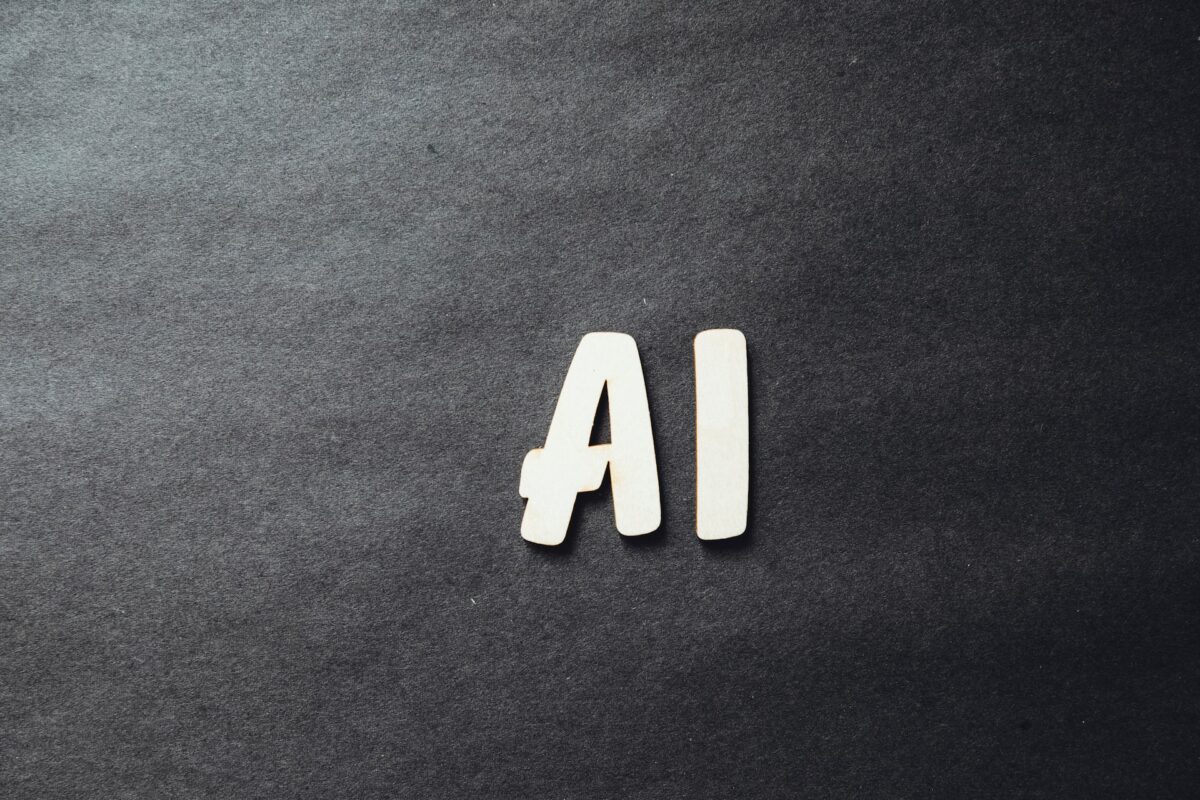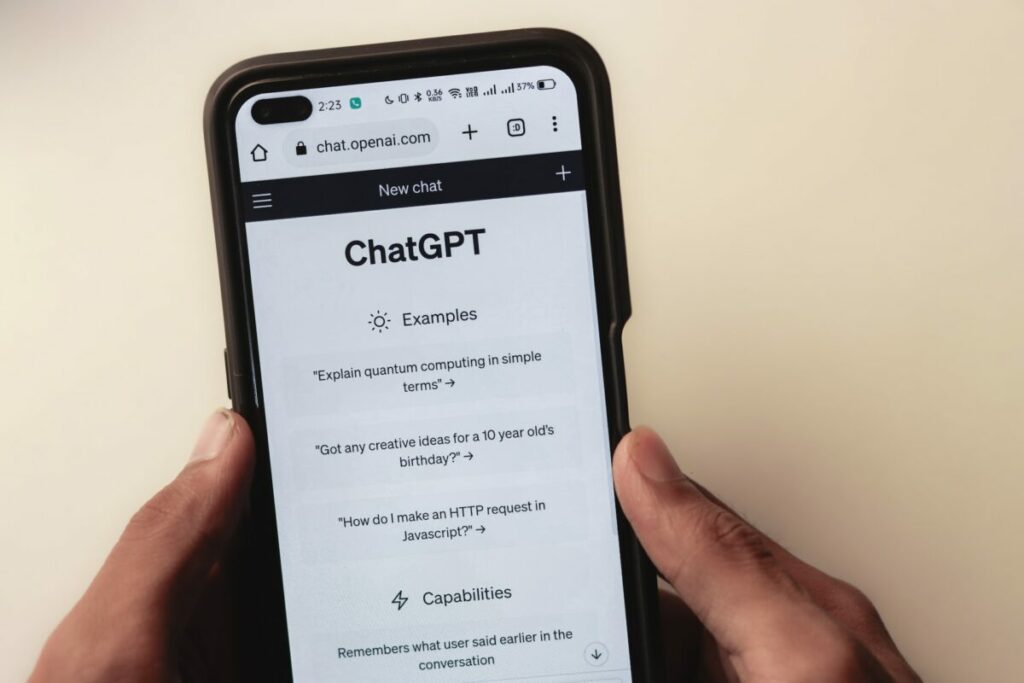The Best AI Recruitment Tools

Hiring Managers and talent management teams can now access and use the power of artificial intelligence in their hiring process. Talent acquisition teams and HR teams can use AI recruiting tools throughout the entire recruitment process.
Recruiters can use AI to assist them in sourcing and identifying qualified candidates, writing job descriptions and job postings for job boards, and interview scheduling. Recruiting teams can further use AI recruiting software tools for enhancing candidate engagement, analysing candidate data, candidate relationship marketing, and handling many other tasks associated with the talent pipeline and candidate management.
However, with a flood of AI software and convincing marketing making promises to increase efficiency in the talent acquisition process, how do you identify the best AI recruiting software tools?
We are here to help. In this article, we reveal and review the ten best AI recruitment tools.
Best AI Recruiting Tools

To begin, let’s reveal the top 10 AI recruitment tools:
1. hiringpeople.io
hiringpeople.io is the best AI recruiting software for writing job descriptions. The brainchild of the team at hiringpeople.co.uk, experts in job board advertising with free job description templates, this AI-powered recruiting software can generate engaging job descriptions in mere seconds.
You can take hours of research and head-scratching out of your hiring process with carefully crafted job descriptions that include a job title, role purpose, job summary, duties, responsibilities, skills, requirements, experience, and personal traits.
2. Fetcher
Fetcher has developed an AI-powered sourcing algorithm that revolutionises the recruitment process by significantly reducing the time and effort spent on CV screening and candidate database searches. By taking information from Hiring Managers, the Fetcher AI recruiting software efficiently curates batches of qualified candidates with profiles that match your preferences for a specific role. In addition to identifying the best candidates with relevant skills, the talent intelligence platform also prioritises diversity by ensuring the profiles represent all genders and demographics.
To further optimise talent acquisition search results, you have the opportunity to provide specific feedback on individual candidate profiles. This feedback enables calibration and refinement, ensuring that the profiles delivered to you precisely align with your desired quality and criteria.
3. Paradox (Olivia)
Paradox utilises an advanced conversational AI named Olivia to facilitate seamless communication between Hiring Managers and job seekers. Olivia acts as a mediator, efficiently relaying pertinent information, addressing inquiries, and fulfilling requests. By automating conversations, the digital recruiting assistant significantly reduces a recruiting teams’ workload.
Olivia handles various recruiting process tasks such as interview scheduling, reminder notifications, initial screenings, and registering candidates for job fairs. The AI immediately communicates with potential candidates as soon as they apply for a position through a job board. Additionally, Olivia can be integrated into your company’s career site, using candidate responses to identify the most suitable job openings.
4. eightfold
eightfold AI recruiting software automates hiring processes and ensures only top talent and the most relevant candidates advance to the interview stage. HR staff gain easy access to comprehensive information about previous candidates, employees, and contingent workers, streamlining workflows across the talent ecosystem.
The AI recruitment software leverages deep learning to accurately identify and map job applicants’ skills, eliminating any guesswork. It categorises skills into Validated, Likely, to be Validated, and Missing, providing recruiters with a clear understanding of a candidate’s capabilities. Additionally, Eightfold offers a convenient scheduler that integrates with your corporate calendar.
5. ChatGPT
OpenAI’s ChatGPT has been intensely reported on in the news, fuelling the discussion on the benefits and risks of artificial intelligence and machine learning. One thing is for certain, ChatGPT is here to stay and with human oversight, it is an invaluable writing tool that can easily be used in your recruiting process.
You can read more on how OpenAI’s ChatGPT is going to change recruitment, from drafting outbound recruiting emails for open positions to writing a job ad and suggesting qualifications for your job titles.
6. Findem
Findem has developed an innovative candidate sourcing approach and you gain access to a vast global talent pool containing millions of qualified candidates. Leveraging the power of artificial intelligence, the system scours multiple data sources, including LinkedIn, Kaggle, Behance, GitHub, Stack Overflow, and social media platforms.
The AI recruiting software consolidates comprehensive talent information into detailed profiles, encompassing their achievements, values, education, and more. You can efficiently source a significant number of potential candidates while maintaining precise and rigorous selection criteria.
7. Pymetrics
Pymetrics is a groundbreaking soft skills platform that revolutionises talent management by utilising data-driven behavioural insights throughout the talent lifecycle. Pymetrics empowers companies to leverage AI for candidate evaluation. By administering a series of engaging tests that resemble video games to current employees, the platform builds a persona of individuals who excel in specific roles.
Subsequently, candidates are invited to complete similar tests to determine their compatibility with the desired profile. Pymetrics’ innovative approach offers a unique and objective way to assess existing and potential employees and identify the best matches for the organisation.
8. HireEZ
HireEZ, previously known as Hiretual, is an AI recruiting tool that supports talent sourcing teams in identifying and engaging with the ideal candidates. Their innovative AI technology consolidates comprehensive talent data from various online sources, allowing your recruiting team to efficiently query and generate a curated shortlist of the best talent.
Subsequently, hireEZ offers a versatile system that facilitates multiple outreach approaches, empowering you to connect and engage with these potential employees effectively. With hireEZ’s AI technology, your talent acquisition efforts are streamlined, resulting in enhanced candidate identification and engagement.
9. Textio
Textio is an AI recruiting platform that empowers talent acquisition professionals by providing tools to create recruitment marketing content that effectively resonates with desired candidates. Using their scoring system and intelligent suggestions, Textio helps minimise the implicit bias present in language.
By identifying words that may have an overly masculine tone or those that are clichéd to the extent of being off-putting, the AI recruitment tool ensures more inclusive and engaging content. Textio’s solution enhances the quality of recruitment marketing materials, enabling professionals to attract and connect with a broader range of candidates while promoting diversity and eliminating language biases.
10. Manatal
Manatal advanced recruiting software empowers HR teams to efficiently and effectively discover and hire top talent. With this AI recruiting software, you can establish a personalised career page aligned with your brand, post job listings across multiple job boards, and upload candidate profiles. Moreover, the AI recruiting software automatically enriches candidate profiles by extracting valuable data from their social media accounts.
The platform boasts a highly customisable recruitment pipeline with a user-friendly drag-and-drop interface. Additionally, it incorporates an AI-powered recommendations engine that evaluates and suggests suitable candidates based on your job description or search criteria. The AI recruiting software also offers automatic CV/resume parsing, a customisable analytics dashboards, a smartphone app, and a LinkedIn Chrome extension.
AI Recruiting Software FAQs
Next, we answer your frequently asked questions on AI recruiting tools and AI recruiting software for the hiring process:
Various types of AI techniques and technologies are used by Hiring Managers for recruitment. Some of the best AI recruiting software types include:
-Natural Language Processing (NLP): You can use NLP to analyse and understand the content of CVs, job descriptions, and other textual data. It helps in extracting relevant information, identifying keywords, and matching candidates with job requirements.
-Machine Learning (ML): ML algorithms are employed to analyse historical data, identify patterns, and make predictions about candidate suitability. Machine Learning can be used for CV screening, candidate ranking, and predicting job fit.
-Chatbots: AI-powered chatbots can interact with job candidates, answer basic questions, perform interview scheduling, and provide initial screening. They can streamline the initial stages of the recruitment process and save time for hiring teams.
-Predictive Analytics: Predictive analytics leverages AI to analyse large datasets and make predictions about candidate performance, turnover risk, and other factors relevant to hiring decisions. It helps recruiters and Hiring Managers make data-driven choices relevant to talent management.
AI recruitment software refers to computer programs or platforms that utilise artificial intelligence techniques to automate and enhance various aspects of the recruiting process. These software systems often incorporate NLP, ML, chatbots, and predictive analytics to streamline tasks such as CV screening, candidate sourcing, interview scheduling, and candidate assessment. AI recruitment software aims to improve efficiency, reduce hiring bias, enhance candidate experience, and assist the talent acquisition team in making informed decisions about suitable candidates.
Yes, AI recruiting is considered the future. The application of AI in the recruitment process has the potential to revolutionise traditional practices by automating repetitive tasks, augmenting decision-making, and improving efficiency. AI technologies can assess vast amounts of data quickly, identify patterns, and make predictions that can assist in identifying the right candidates for a job. Furthermore, AI tools can help reduce bias in hiring decisions, enhance candidate experience, and enable a Hiring Manager to focus on more strategic aspects of talent acquisition. While AI cannot replace human judgment entirely, it has the potential to significantly enhance and optimise the recruitment process.
AI tools can be utilised at various stages of the hiring process to streamline and improve efficiency. Here are some examples of how HR teams can leverage recruiting software tools:
-CV Screening: AI can analyse CVs (resume parsing/CV parsing), extract relevant information, and match candidates with job requirements. This saves time for recruiters and ensures a more objective evaluation of applicants.
-Candidate Sourcing: AI powered software can help identify potential candidates for outbound recruiting from various online sources, social media platforms, and professional networks by analysing candidate data, keywords, skills, and other criteria.
-Chatbot Assistance: AI-powered chatbots can engage with candidates, answer frequently asked questions, provide updates on application status, and even conduct initial screening interviews.
-Candidate Assessment: AI tools can assess candidates through automated online tests, simulations, or video interviews, analysing factors such as language, facial expressions, and tone of voice to provide insights for decision-making.
-Predictive Analytics: AI can analyse historical data to predict candidate performance, turnover risk, and other factors relevant to hiring decisions. This assists talent teams in making data-driven choices.
It’s important to note that while AI tools can enhance the hiring process, they should be used in conjunction with human judgment and oversight to ensure fairness, accountability, and ethical decision-making.



